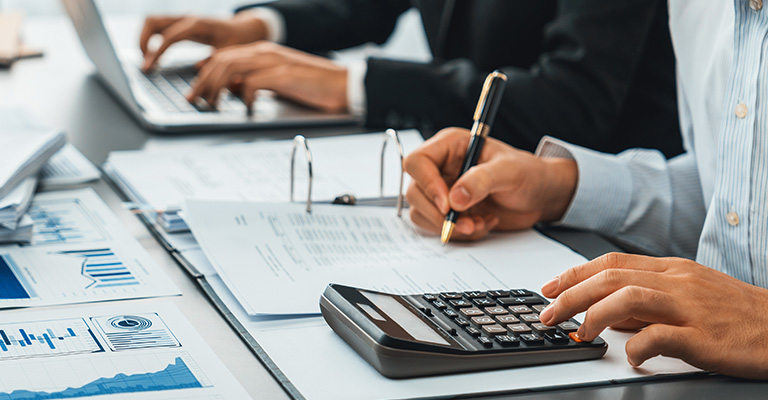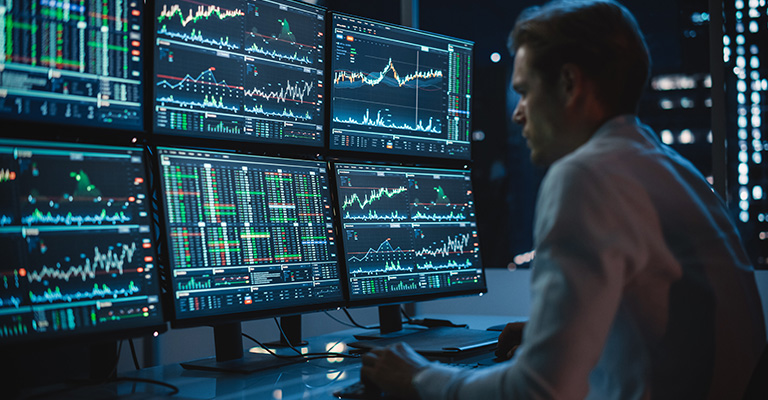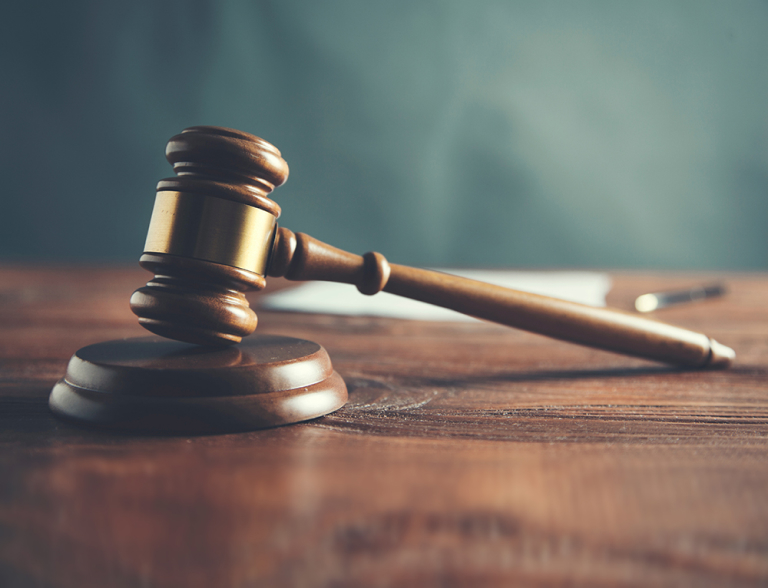
Founded in 1969, Willamette Management Associates, a Citizens company provides valuation analyses, damages and other forensic analyses, and transactional opinions. We provide these services in matters related to taxation, transactions, and litigation. Our clients range from substantial private companies to Fortune 500 multinational corporations and include the legal community, family offices, financial advisors, and government and regulatory agencies.

About Our Firm
Contact Us
We look forward to an opportunity to assist you — please contact our nearest office or contact one of our people directly from the Our People page.




Perspectives & Announcements
View All
April 2025 Perspectives
Editors for the issue: Timothy J. Meinhart and Nathan P. Novak
- Nuances with Respect to Valuing a Controlling Ownership Interest
- Proposed Regulation Changes to Circular 230
- Estate Planning and Buy-Sell Agreements After the Connelly Decision

Willamette Management Associates, a Citizens company Announces Promotions

January 2025 Perspectives
Editor for the issue: Scott R. Miller
- Key Considerations in the Valuation of Carried Interest from a Tax Perspective
- Providing Support and Rationale for the Estimation of a Company-Specific Risk Premium
- Comparison of the Business Valuation Development Standards Among Organizations

October 2024 Perspectives
Editor for this issue: Jesse J. Gillett
- Key Considerations in the Valuation of Carried Interest from a Tax Perspective
- Digging in the Dirt: Performing Forensic Analysis of Financial Records for Valuation Purposes
- Jointly Retained Valuation Engagements: A Road Map for Trust and Cooperation

July 2024 Perspectives
Editor for this issue: Brent A. McDade
- Speculative, Viral, and Volatile: Valuation Considerations for Cryptocurrency Assets
- Company Stock Repurchases at Fair Market Value May Deliver Value Accretion for Remaining Shareholders
- Qualified Appraisals and Charitable Contribution Deductions: The Lessons of Hoensheid

April 2024 Perspectives
Editors for this issue: Nathan P. Novak and Timothy J. Meinhart
- Control Considerations in the Valuation of a 50 Percent Ownership Interest
- The Expatriation Tax: How to Present Assets to the IRS When You Say Goodbye to the United States
- The Valuation of Controlling Ownership Interests in the Context of Gift Tax Planning


